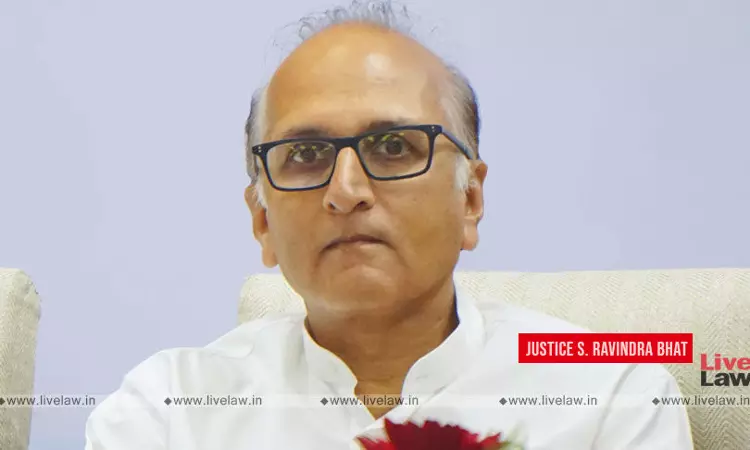Former Supreme Court judge Justice S Ravindra Bhat said that the Constitution cannot be termed as a colonial document merely because it was a modification of the Government of India Act 1935 and emphasised that the Constitutional ideals cannot be discarded as some colonial vestige.He was delivering a lecture on 'Shedding the Colonial Hangover-Perspectives on Indianizing the Legal...

